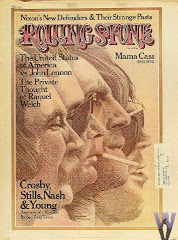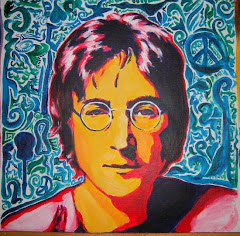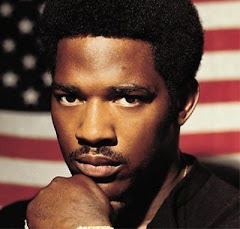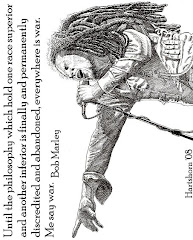Politics and political figures have a great influence on artists and the music that they write and create to represent their own personal beliefs on times of trial and controversy. Bob Dylan is a singer that wrote a plethora of music based on the events of the era, including songs like “Chimes of Freedom” and “Masters of War.” In the song “Masters of War,” Dylan mentions the wars created by the government and political figures, criticizing their choices. By choices, it is meant that they create wars that the younger generation, mostly men but also women, have to fight for and help repair society once the war is over. Dylan’s point of view, as seen throughout this song, is that it is wrong for these political figures to create and build up a war that threatens the lives of the citizens and soldiers for a war they created. Several poetic devices are seen in “Masters of War,” including anaphora. Anaphora is the repetition of the same word or group of words at the beginning of successive phrases or clauses, which may be seen in the lines “You that build all the guns/You that build the death planes/You that build the big bombs.” The word “you” is repeated at the beginning of successive lines, creating emphasis and drawing attention to the word. Also seen throughout the song is the use of similes. “But I see through your eyes/And I see through your brain/Like I see through the water/That runs down my drain” is an example of a simile that compares his ability to see through them like he can see through water. A paradox in this song is seen in the lines “You that never done nothin’/But build to destroy” because you cannot do nothing, and you would not expect to build something to destroy it; both statements contradict themselves. Finally, “Masters of War” contains imagery as seen through the lines “You hide in your mansion/As young people’s blood/Flows out of their bodies/And is buried in the mud.” The reader can picture the image of a mansion and blood flowing out of the bodies of a human being as is seeps into the soupy mud. Another use of imagery is seen in the final lines of the song: “And I’ll watch while you’re lowered/Down to your deathbed/And I’ll stand o’er your grave/’Til I’m sure that you’re dead.” The reader can also imagine the lowering of a casket into the deceased’s final resting place. Diction can also be found throughout the song through the use of abbreviating over so that it is pronounced o’er and changing the word until so that it is pronounced ’til. Finally, there is also the presence of alliteration in the line “build the big bombs.” This song has many poetic qualities, such as that it tells a story through rhyming verses; it is also very profound in its approach to delicate topics such as war and politics.
Another song about war that was influenced by political events is the song “War” by Bob Marley. Like Bob Dylan, Marley presents his view of war though it differs greatly. In the song, he tells about the war in Africa and the large gap present between first and second class citizens. He also notes that the philosophy of one race being superior to another is present in Africa and he, like other citizens, wants war to discredit it. Marley’s view of war is that he feels it is necessary, as well as his feelings of confidence in the people’s ability to win the war. Figurative language and poetic devices can also be found throughout the song, including alliteration which can be seen in the line “second class citizens.” There is also a point of view change in the song “War” as, in the beginning, Marley is speaking from his own point of view and his declaration of war as seen in the line “Me say war.” Further into the song, Marley switches the point of view so that he is speaking as a part of a group. This can be seen in the lines “And we know we shall win/As we are confident/In the victory.” The use of “me” in the beginning shows his own individual opinion while the use of “we” shows the opinion and confidence of the citizens of Africa. Marley also uses allusion in his song, as it can be seen in the lines “And until the ignoble and unhappy regimes/That hold our brothers in Angola,/In Mozambique,/South Africa;” this alludes to the regimes in Africa that unfairly treat the citizens of Angola, Mozambique, and South Africa. The poetic qualities that this song possesses are short, to-the-point verses and phrases as well as rhyme and repetition. Both songs are similar in that they tell and describe the point of view of the artist, yet they are also different because they show opposing opinions of war.
Subscribe to:
Post Comments (Atom)












2 comments:
I think you compared these two songs really good. I didn't write about them so it was interesting to read about it.
You oviously show an interest in history, and it is evident in your writing. You have well developed thoughts, and you are able to make it enjoyable, unlike a hirstory text book!! Keep up the great work. Your writing is really fantastic!!!
Post a Comment